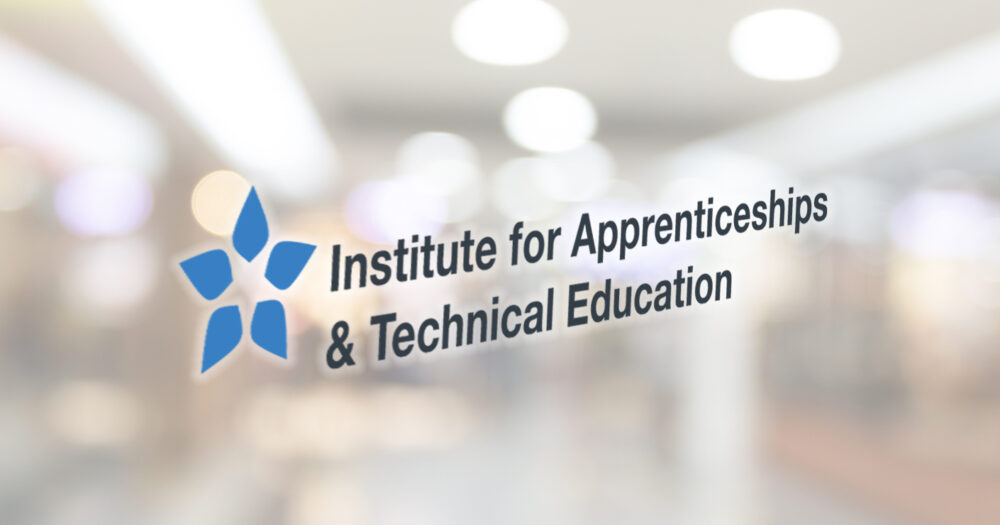The Institute for Apprenticeships and Technical Education has published its annual accounts for 2022/23.
This is the fifth annual report from the arms-length public body and entails the organisations expanding responsibilities across the skills sector.
Here are five things we learned from this year’s accounts.
- Workforce grew by 20%
IfATE now employs more than 300 civil servants.
Its headcount rose 20 per cent in the year to 328, up from 274 staff members the year before. In its first accounts in 2018/19, the organisation had just 146 staff members.
The recruitment spree this year was the biggest driver for the 18 per cent increase in staff costs to £21.1m. According to the report, the institute conducted an accelerated recruitment campaign was to guarantee “sufficient resource to fulfil delivery obligations”.
Those obligations have been ramped amid new powers given to IfATE this year as part of the Skills and Post-16 Education Bill, which gives them the responsibility to “define and approve new categories of technical qualifications that relate to employer-led standards and occupations in different ways”.
Due to its growing remit, the institute received £29.2 million in financial year 2022/23 in grants from the Department for Education, a rise from £21.5 million the year before.
- Jennifer Coupland’s salary bump but smaller bonus
The institute’s chief executive Jennifer Coupland was the highest paid employee at the organisation, earning a salary of up to £135,000 compared to up to £130,000 the year before.
However, her bonus decreased from up to £15,000 in 2021/22 to up to £5,000 this year.
Plus, Coupland took a smaller pension benefit – she was paid £20,000 this year compared to the £35,000 pension contribution she received the year prior.
Overall her total pay package fell from up to £180,000 in 2021/22 to up to £160,000 in 2022/23.
Most board members received fees of between £10,000 and £15,000 – the same as previous years. The chair however, Baroness Ruby McGregor-Smith, received a fee between £25,000 and £30,000.
- £95,000 was paid out in exit packages
One exit package, amounting to a total £95,000, was handed out to an unnamed person by the institute in 2022/23.
The package was not spent on compulsory redundancies as there were no redundancies agreed for the year.
The payout was smaller than last year however, where the institute paid out one exit package to the amount of £118,000.
- Handing over EQA service to Ofqual saved almost £2m in costs
In June 2022, the institute handed over the management of the external quality assurance service to Ofqual.
This led to a drop in the associated costs by around £1.8 million. It recorded £0.4 million in costs, down from £2.2 million in 2021/22.
It also posted £0.07 million in fee income for the financial year. IfATE now has no ongoing income from the EQA service.
- Internal governance review
Due to the organisation’s growing remit, the institute conducted and implemented a governance review, taking effect from April 2022.
This entailed a revised board committee structure of four committees reporting to IfATE board. It consolidated oversight of approvals to a single committee, the approvals policy, and assurance committee.
It then reconstituted the quality assurance committee as the assessment panel and introduced a new board committee to focus on equity, diversity and inclusion.
















Your thoughts